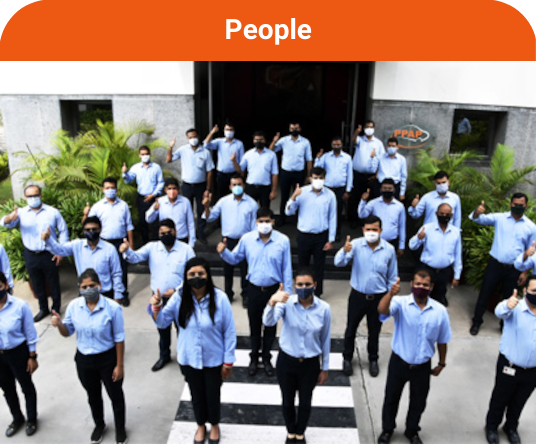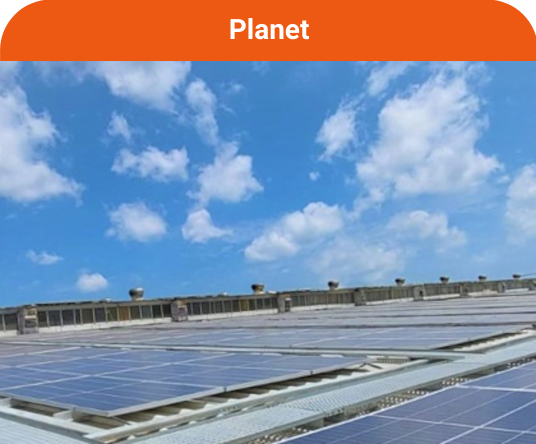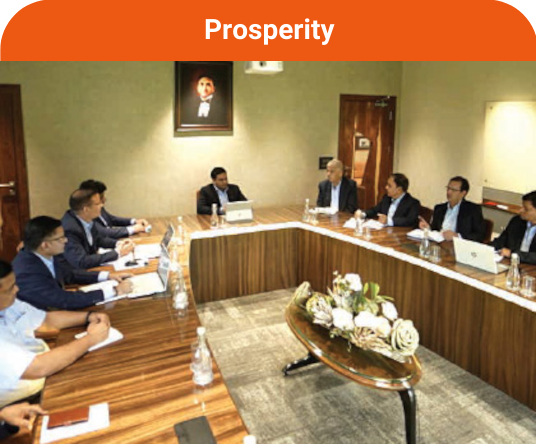PPAP endeavours to protect the environment and the planet by combining modern ways of living with a deeper understanding of nature. PPAP continuously ensures that the environment in all its Plants and surroundings is safe and healthy for everyone. The Company is undertaking numerous environment management programs and projects to minimize environmental footprint, energy, water consumption and waste generation from manufacturing operations.
PPAP’s sustainable business strategy comprises three vital aspects: People, Planet, and Prosperity centered with robust Corporate Governance.
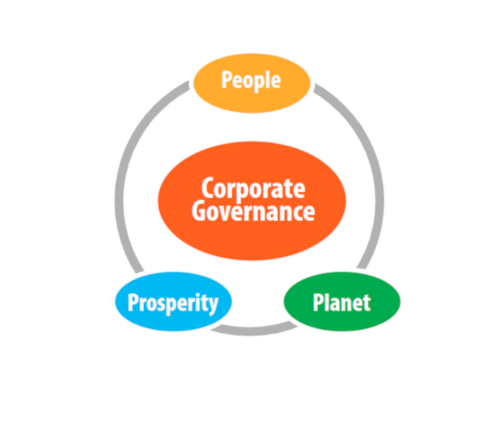
These three aspects comprise our 6 key areas of emphasis. We are dedicated to making our sustainability vision a reality. As part of our Sustainability Strategy, the commitment will be spiralled down through all levels of the Company and across our supply chains, providing the driving force to develop, implement, and maintain the systems and structures that will not only deliver on our Sustainability Strategy in the short term, but deeply embed it into our long-term operations.
PPAP’s sustainability strategy is closely aligned with the Sustainable Development Goals (SDGs) set in 2015 by the United Nations General Assembly. We strongly believe that SDGs are the blueprint for achieving a better and more sustainable future for all. Most of our policies are aligned to various standards such as IATF 16949 (Quality Management System), ISO 14001 (Environment Management System), ISO 45001 (Occupational Health & Safety Management System) & ISO 50001 (Energy Management System).
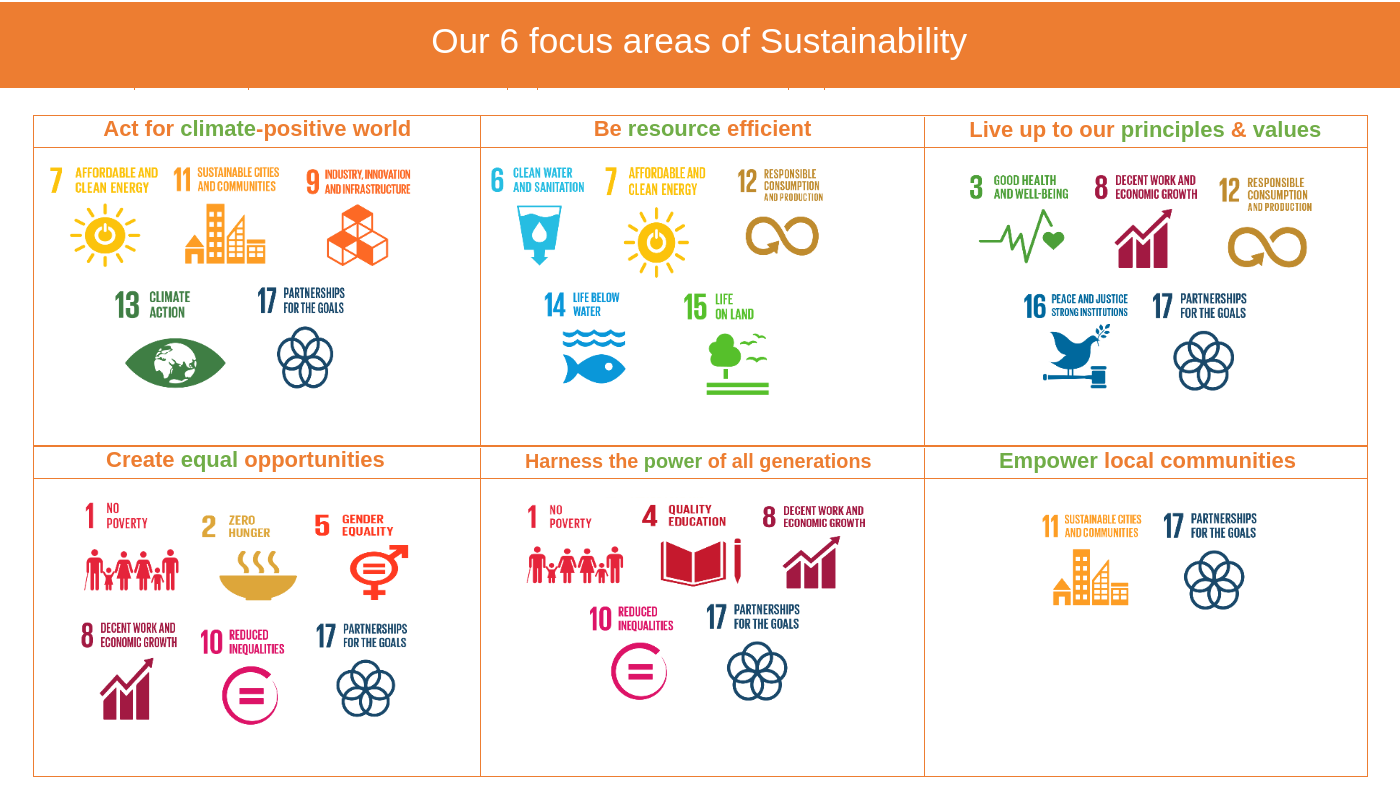
We recognize sustainability as an essential part of our basic business objectives. To secure long-term success, we have always prioritized addressing key material issues such as environmental management, community involvement, and employee welfare and engagement.
PPAP recognizes that natural resources are finite and therefore need to be conserved and recycled. We remain focused on reducing resources in manufacturing products. With a sustainable life cycle through innovations to provide safe, comfortable, and environment-friendly products for the vehicles. We continue to evaluate opportunities for up-gradation of technologies and processes, water conservation, waste reduction, and alternate energy sources. It allows our management focus on the long-term agenda and ensure that sustainability principles are part of the decision-making criteria.
At PPAP, we envisaged ourselves as an organization dedicated to addressing climate change, striving for carbon reduction through the deployment of numerous innovative solutions. We had also begun our journey to design a supply chain sustainability model to manage supplier risks. We identified top sustainability challenges and built a strategy to address them using a thorough materiality assessment approach. We continue to assess our progress on current sustainability concerns and identify new ones.
